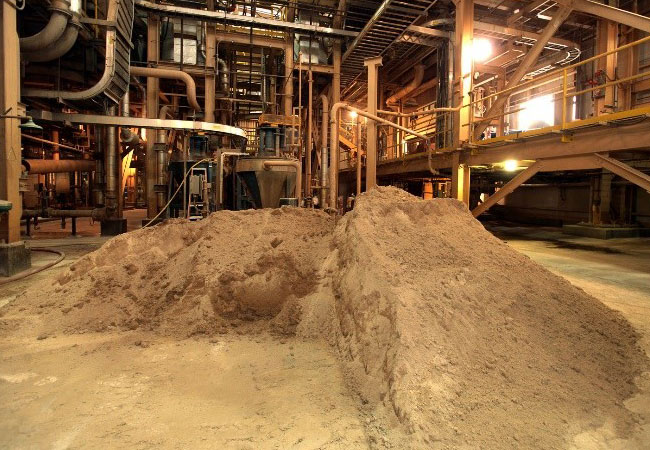Berhampur: A monazite processing unit operating in Chhatrapur block of Ganjam district wreaks havoc as it spreads kidney ailments in the vicinity killing over 70 people in last five years, a report said.
More than 200 people are still battling for life after being affected by the disease, according to sources.
Most of the casualties have been reported from Badaputi, P Laxmipur and Barinipeta, the peripheral villages of the plant, it was learnt.
Meanwhile, several members of a citizens’ committee visited the plant site last month and tried to ascertain the reason behind the outbreak of kidney ailments.
The team members included Dr Kalyani Menon Sen (Delhi), Dr Nisha Biswal (Kolkata), social worker Basudev Mohapatra and human rights activist Ranjan Padhi. The team, after speaking to locals, administrative officers and physicians, unveiled its report Saturday at the NGO Hall in Berhampur.
Participating in the programme, the social activists said the number of patients is increasingly alarmingly in these three villages. The families of the patients have become bankrupt after spending their savings on the treatment. It needs something between Rs 5 lakh and Rs 6 lakh to continue the treatment for about two hours. People often have to sell their properties to meet the medical expenses and take loan on interest.
It was observed that the people living in these villages face social ostracization as the residents of other areas are reluctant to set matrimonial relations with them.
Monazite is an important ore for thorium, lanthanum and cerium. It is a yellow to reddish brown textured natural phosphate containing rare earth metals. It is one of the main ore minerals for rare earth elements that are used in varied applications by numerous industries.
The toxic material released by the unit in Chhatrapur contaminates the groundwater resulting in spread of kidney diseases.
The social activists have demanded test of molybdenum, mercury and cerium content in the water.
The district health department, following the interference of the National Human Rights Commission, conducted a study and apprehended that water contamination and pollution were behind the spread of the disease. Then it was recommended that the locals be relocated to a safer place till the issue was resolved. However, no measures were taken.
Meanwhile, locals demanded a probe by a high-level technical committee to prevent the spread of the diseases and take steps for its eradication. They also demanded supply of safe drinking water in affected regions.
PNN
